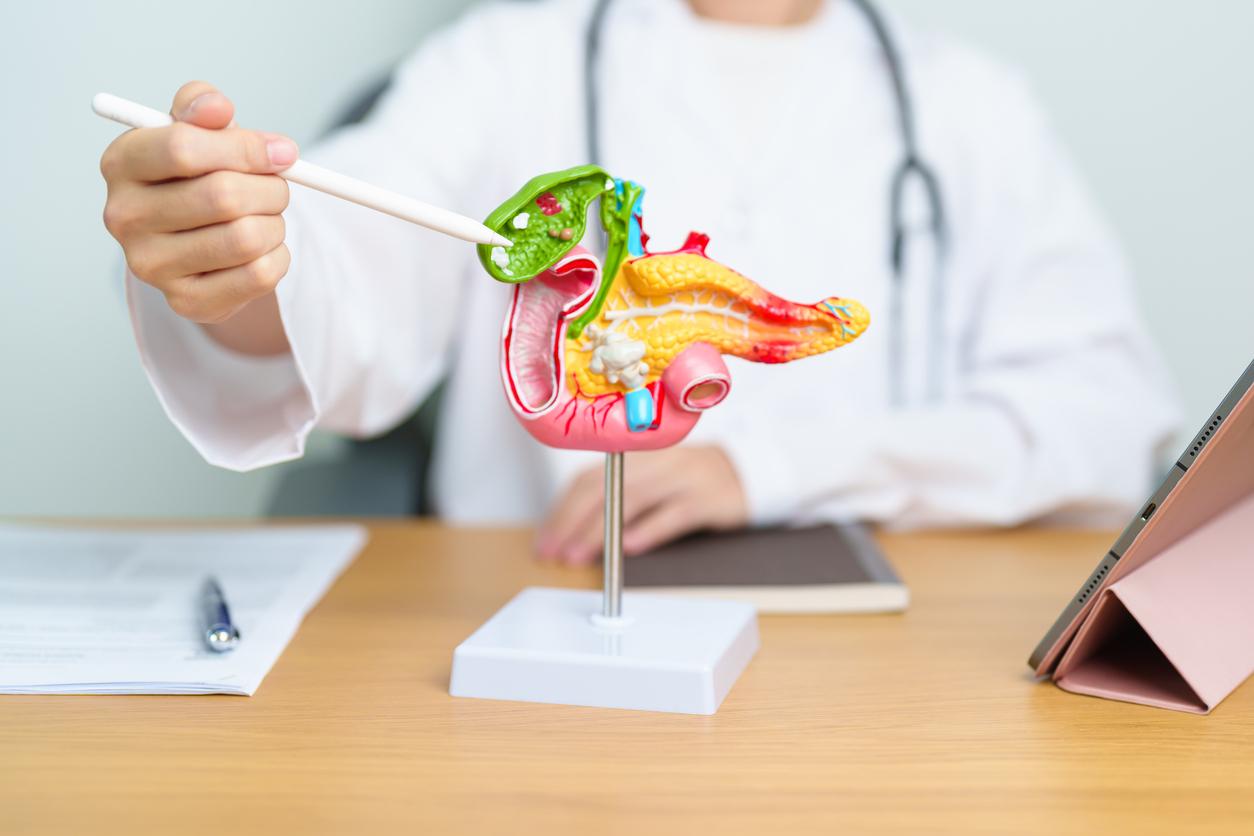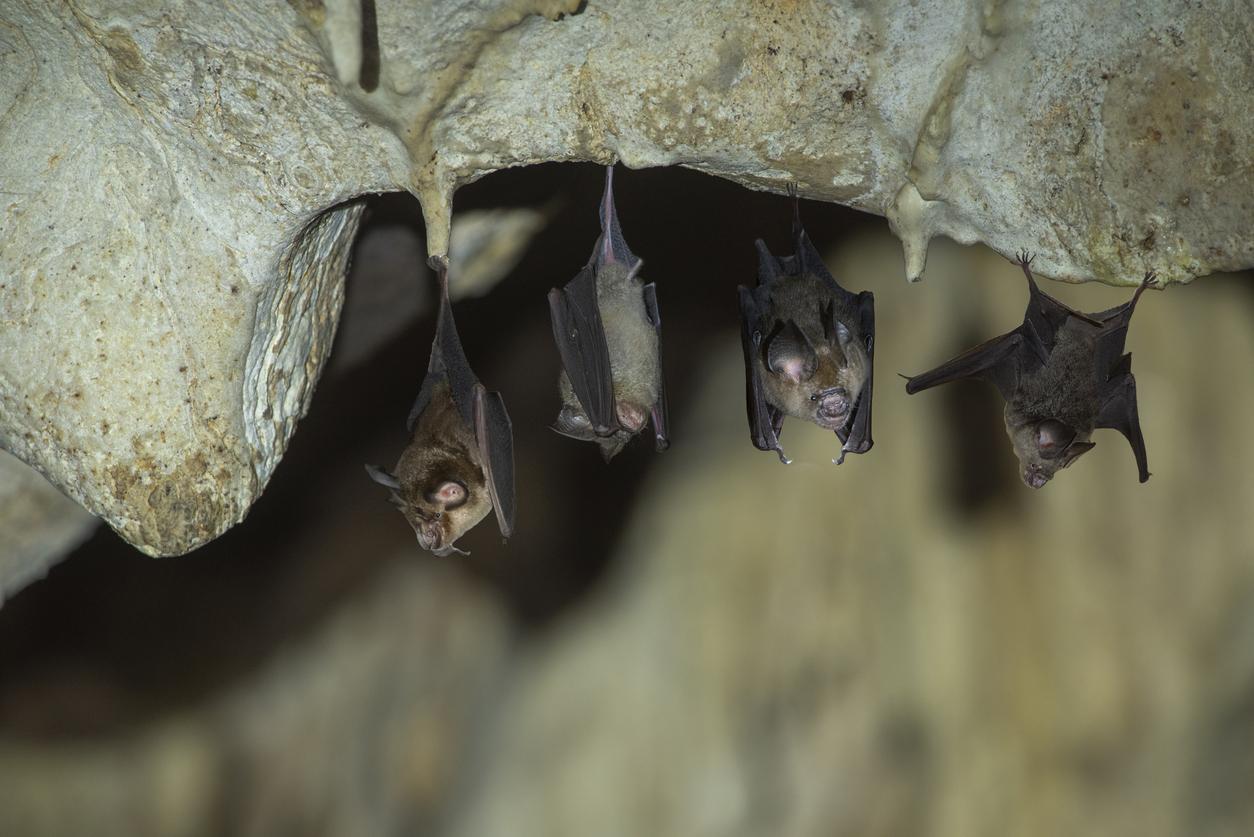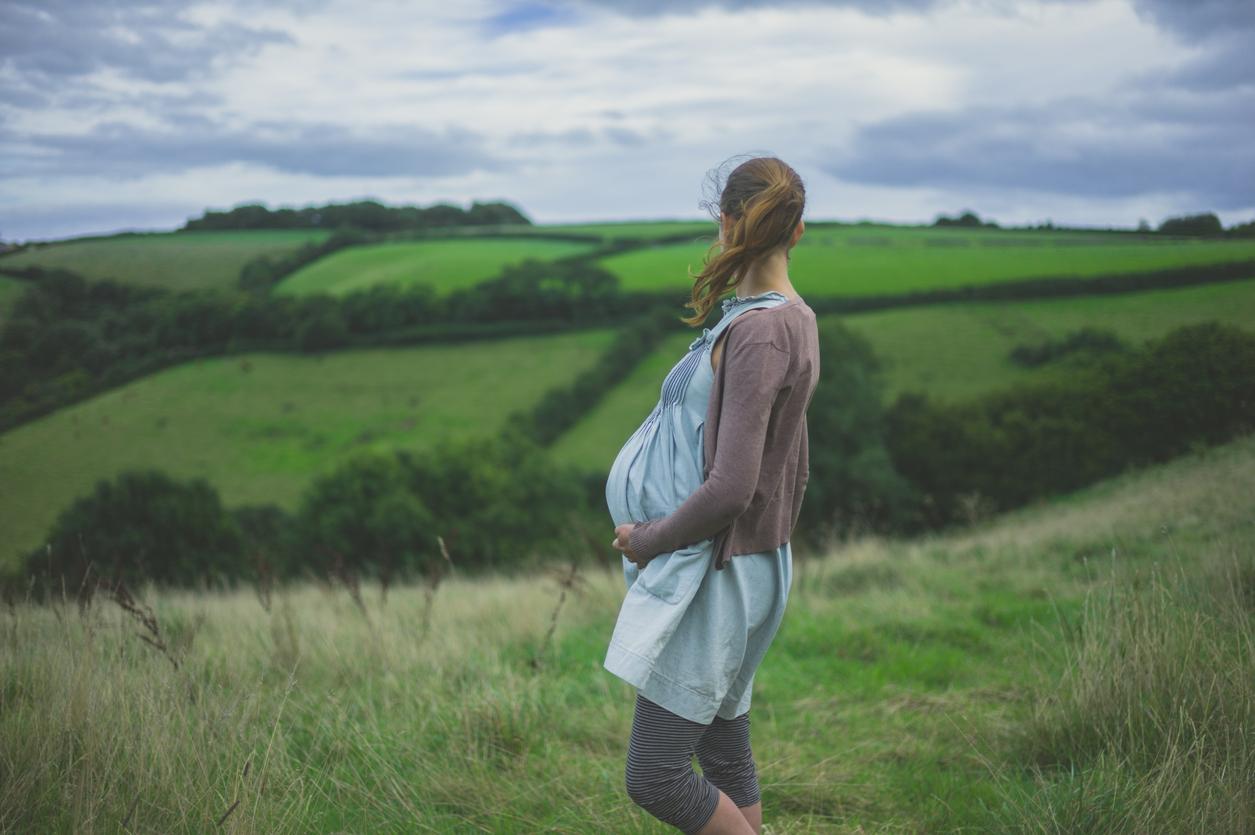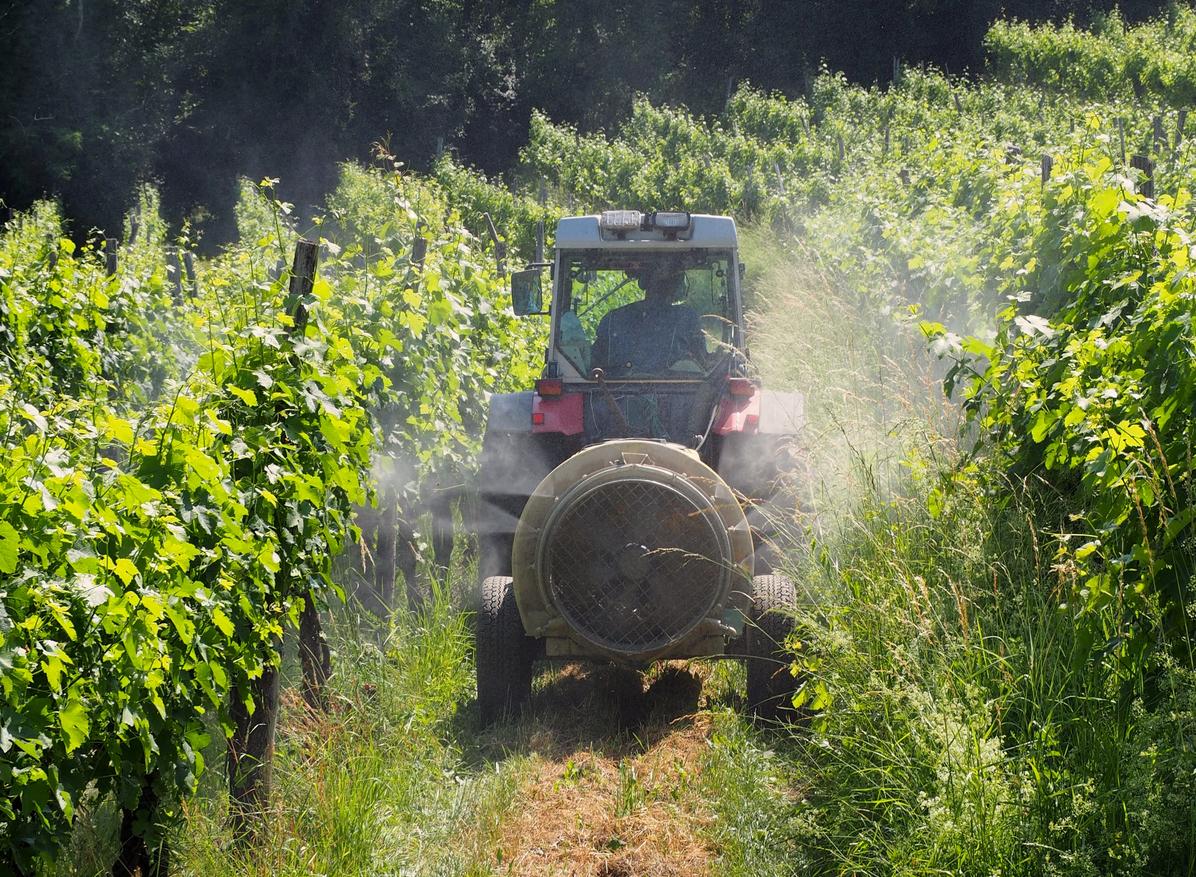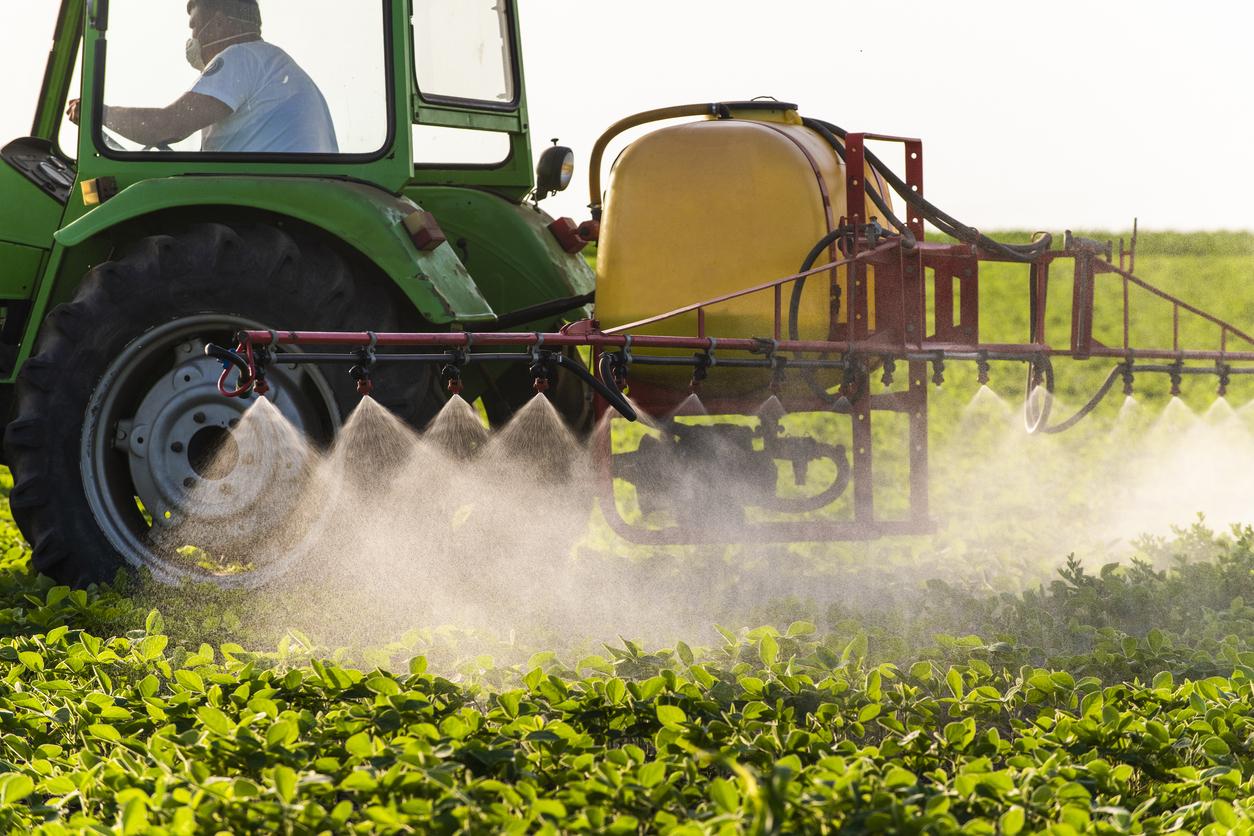The use of phytosanitary products increased by 9.2% in 2013 according to a report submitted to the Prime Minister today.

The PS deputy Dominique Potier handed over to the Prime Minister this Tuesday, December 23, 2014 his assessment and review report of the Ecophyto plan. And the results are not good: the use of pesticides in France increased by 9.2% in 2013. Results all the worse in 2012, the use of chemicals in agriculture fell by 6%.
The cause of this increase? An exceptionally wet spring that favored the proliferation of fungi, slugs and weeds, which would have pushed farmers to use more products.
25% less by 2020
The Ecophyto plan, launched in 2008 by the Grenelle de l’Environnement, aims to “reduce the use of phytosanitary products in France both in agricultural and non-agricultural areas, [afin] not only to reconcile ecological performance and economic performance, but also to preserve public health ”, it is thus indicated in the report. The MP indicates that the results of this plan “do not live up to initial expectations”.
Faced with these observations, Dominique Potier proposes 68 recommendations allowing a reduction of 20 to 25% of the use of phytosanitary products by 2020. His recommendations also aim for 50% of farms to be in agro-ecology reconciling dual economic performance and ecological by 2025.
In non-agricultural areas (public gardens, cemeteries, etc.), the use of these products fell by almost 8% in 2013.
The evidence for their toxicity is growing
However, the scientific evidence proving the devastating effects of pesticides is accumulating. The Agrican study – which studies cancer in agricultural settings – for example revealed in October that the risk of lung cancer is twice as high among farmers engaged in the cultivation of field peas, in the pruning of fruit trees or cultivation of vegetables than in the general population. A difference which would be due to the use of pesticides. According to a study published in June in Environmental Health Perspectives, these agricultural chemicals would also greatly increase the risk of autism or cognitive delay when the mother is exposed to them during gestation. Not to mention the controversial study by Professor Séralini, for whom pesticides would be up to 1000 times more toxic than previously estimated.
.








